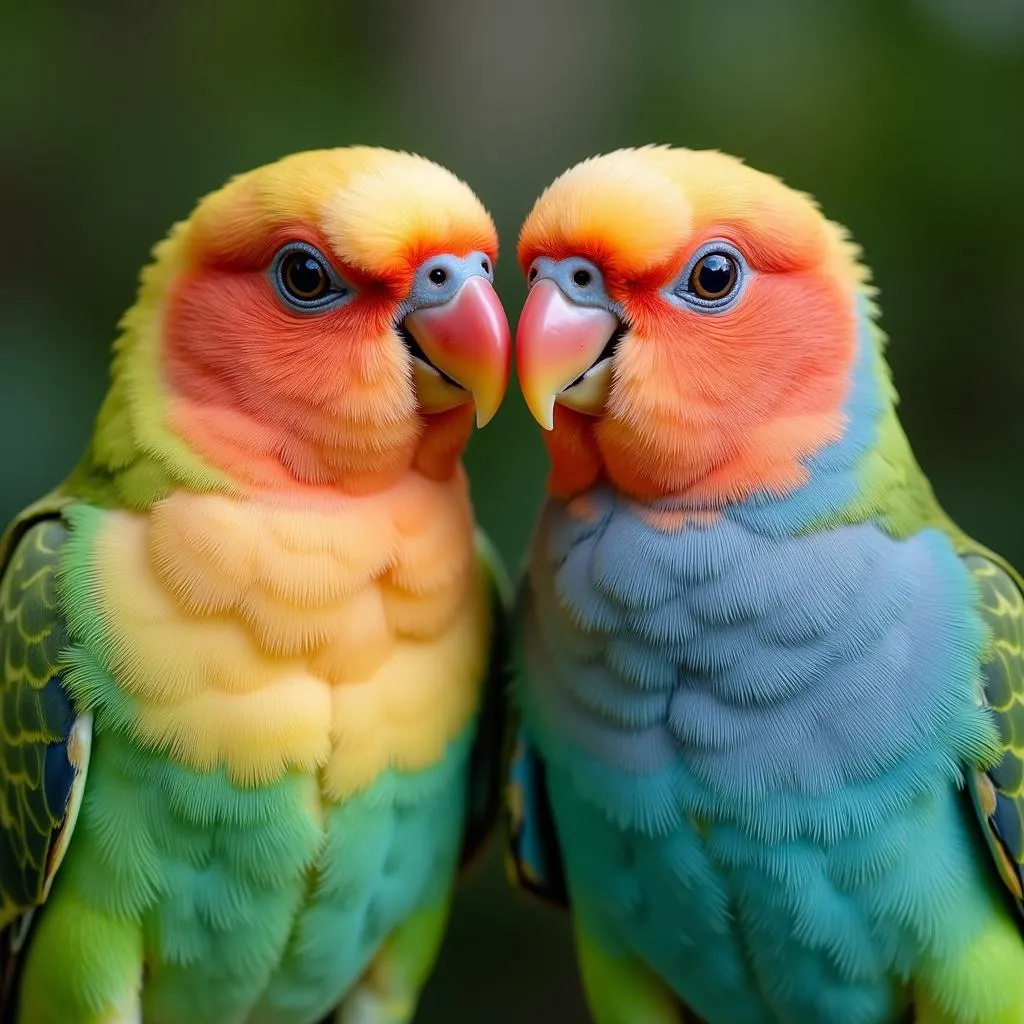African Hunting Trophies for Sale: A Complex and Controversial Issue
African Hunting Trophies For Sale have long been a subject of intense debate, raising ethical, conservation, and economic questions. Understanding the complexities surrounding this issue requires delving into the various perspectives and exploring the realities of the trade. This article aims to shed light on the multifaceted aspects of selling African hunting trophies, from its historical context to its present-day implications.
The History and Evolution of African Hunting Trophies
Hunting in Africa has a long history, initially rooted in subsistence and later evolving into a recreational activity, particularly during the colonial era. The practice of taking trophies as a symbol of the hunt also developed during this time, with animals like lions, elephants, and rhinos becoming highly sought after. The commercialization of this practice led to the emergence of a market for African hunting trophies for sale, catering to a global clientele. The demand for these trophies fuelled concerns about sustainability and the potential for exploitation, prompting regulations and international agreements to manage the trade.
The Conservation Argument: Does Hunting Benefit Wildlife?
Proponents of regulated hunting argue that it contributes to conservation efforts by generating revenue that can be reinvested in wildlife management and anti-poaching initiatives. They suggest that controlled hunts, where specific quotas are set for certain species, can help manage populations and prevent overgrazing, particularly in areas where natural predators have declined. Furthermore, the revenue generated from hunting can provide economic incentives for local communities to protect wildlife and their habitats.
However, critics argue that the link between trophy hunting and conservation is often exaggerated, with insufficient evidence demonstrating its overall positive impact. Concerns remain about the potential for corruption, mismanagement of funds, and the targeting of specific animals with desirable traits, which can have detrimental effects on the gene pool.
The Legal and Ethical Considerations of Trading Trophies
The trade in African hunting trophies is governed by a complex framework of national and international laws, including the Convention on International Trade in Endangered Species of Wild Fauna and Flora (CITES). CITES regulates the trade of endangered species, requiring permits for the import and export of trophies. However, the effectiveness of these regulations depends on enforcement and cooperation between countries.
Ethically, the practice of hunting and displaying trophies is a contentious issue. Opponents argue that it promotes the commodification of wildlife and reinforces a colonial mindset. Concerns also exist about the potential for cruelty and the impact on animal welfare. The debate often revolves around the intrinsic value of wildlife and the moral implications of killing animals for sport.
Understanding the Market for African Hunting Trophies
The market for African hunting trophies for sale caters to a niche clientele, often wealthy individuals seeking unique and prestigious items. Prices can vary significantly depending on the species, size, and quality of the trophy. The market is influenced by factors such as demand, regulations, and the availability of hunting permits. Understanding the dynamics of this market requires considering both the economic and social factors that drive it.
What is the future of African Hunting Trophies for Sale?
The future of the trade in African hunting trophies remains uncertain. The ongoing debate, increasing public awareness, and evolving regulations will likely shape the market in the coming years. Finding a balance between conservation needs, economic interests, and ethical considerations is crucial for developing sustainable and responsible approaches to wildlife management.
Conclusion
African hunting trophies for sale present a complex dilemma with no easy answers. The issue demands careful consideration of the various perspectives, including the potential benefits and drawbacks for conservation, the economic implications for local communities, and the ethical questions surrounding the practice. By fostering open dialogue and promoting transparency, we can work towards solutions that prioritize the long-term well-being of African wildlife.
FAQ
- Is it legal to buy African hunting trophies? The legality depends on the species and the specific regulations in both the exporting and importing countries. CITES permits are often required for endangered species.
- How much do African hunting trophies cost? Prices can vary significantly, ranging from hundreds to thousands of dollars depending on factors like the species, size, and quality.
- What are the arguments for and against trophy hunting? Proponents argue it contributes to conservation funding, while opponents raise ethical concerns and question its effectiveness.
- How are African hunting trophies regulated? International agreements like CITES and national laws govern the trade, aiming to protect endangered species.
- What is the impact of trophy hunting on African communities? It can provide economic benefits through jobs and revenue, but there are concerns about equitable distribution and potential negative consequences.
- What are some alternatives to trophy hunting? Photographic safaris and ecotourism offer non-consumptive ways to experience African wildlife and contribute to conservation.
- What is the future of the trophy hunting industry? The future is uncertain, with ongoing debates and evolving regulations likely to shape the market.
Other questions and related articles
- What are the most common African hunting trophies?
- What are the regulations for importing African hunting trophies into the United States?
- The impact of trophy hunting on lion populations.
For support, please contact Phone Number: +255768904061, Email: [email protected] or visit our address: Mbarali DC Mawindi, Kangaga, Tanzania. We have a 24/7 customer service team.

